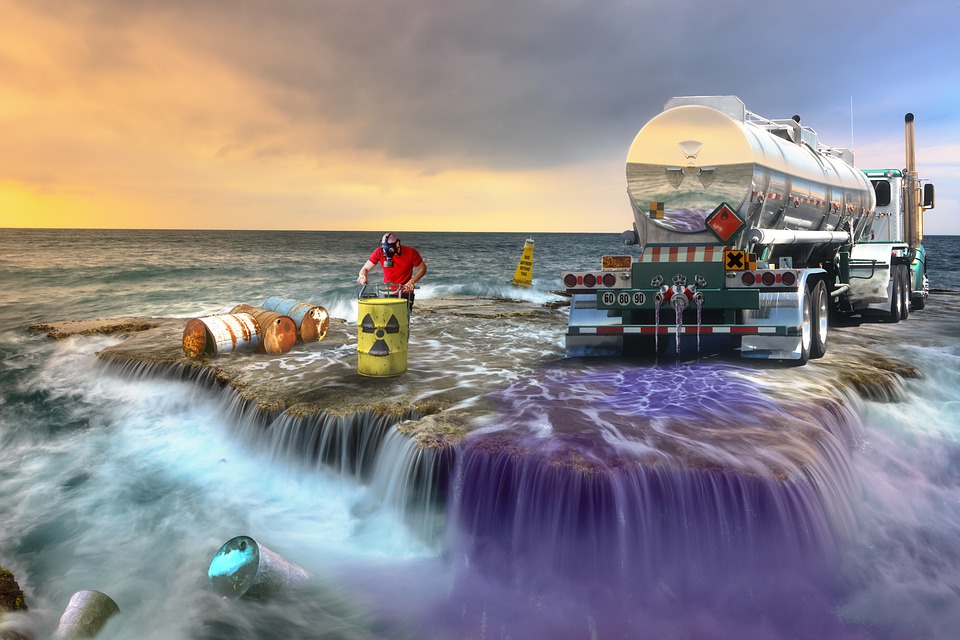How are Toxic Chemicals Finding their way into Recycled Plastics in Canada

When recycling processes are not developed with safety of the end-product prioritized, you receive what we have here. A recent report suggests some children toys made from recycled plastics contain toxic chemicals. This is obviously problematic as children are used to putting toys in their mouths and exposure to toxic chemicals would prove to be extremely dangerous at such a young age.
Flame retardant contamination seems to be the primary culprit, evident in plastic cars, pocket calculators, hair accessories, and similar plastic products. Although these products are not a fire hazard, they still contain some of the most toxic substances as defined under the Stockholm Convention. At a time when the world should be reducing the use of these chemicals, they’re everywhere in our toys. Sadly, consumers think they’re doing a good thing by purchasing a product made from recycled materials only to find out they are exposing their child to something dangerous.
This is evidently something we need to work on. Canada has a recycling exemption for polybrominated diphenyl ethers (PBDEs). This has both positive and negative consequences. The positive is it allows Canada to recycle plastic from computers and similar items. The negatives are that it allows banned chemicals in these products which poses a direct threat to public safety. Therefore, what is happening is that chemical reduction goals and global chemical elimination objectives are being undermined by exemptions like this which serves to recycle plastics containing highly toxic chemicals.
Canada needs to make a change. This exemption needs a thorough re-examination and recycling toxins is not something that can happen in this context, especially now that we’ve come to uncover it’s threatening our children. Thankfully, there are many ways to separate these toxic plastics from the healthy types we want to recycle. Floating plastic in a salt water solution, identifying plastics prone to brominated flame retardant inclusion, and simply keeping these plastics out of our recycling are all low-cost strategies which can be used.
This information of toxic chemicals being included in children’s toys is nothing we sadly didn’t already know. Health Canada published a report on PBDEs in 2012, suggesting predominant exposures to these toxins came from breast-milk and the mouthing of hard plastics. In the Health Canada analysis, toys manufactured from China were specifically identified as problematic. Based on environmental considerations, PBDEs are regulated accordingly in Canada. That said, it’s intolerable to think that children are having to deal with the consequences of poor planning.
Some environmental activists argue there will always be a risk with recycled plastics. Especially in old plastics, extremely toxic and banned chemicals can exist. Newer, virgin plastic is considered more recycle-friendly however it’s that old plastic which is a major source of concern for us. Toxic PBDEs have been banned since 2004 worldwide however it’s Canada’s exemption which is allowing this stuff to continue circulating. Currently, this exemption is scheduled to last until 2030. To our government and other Canadian stakeholders, we advocate for change.
As a recycling company in Toronto, Core Mini Bins specializes in waste management, landfill diversion, and believes in a zero waste future. We advocate for a safe environment, for our generation, the next, and our children. We strongly support a complete ban on PBDEs and a review of the existing exemption.


